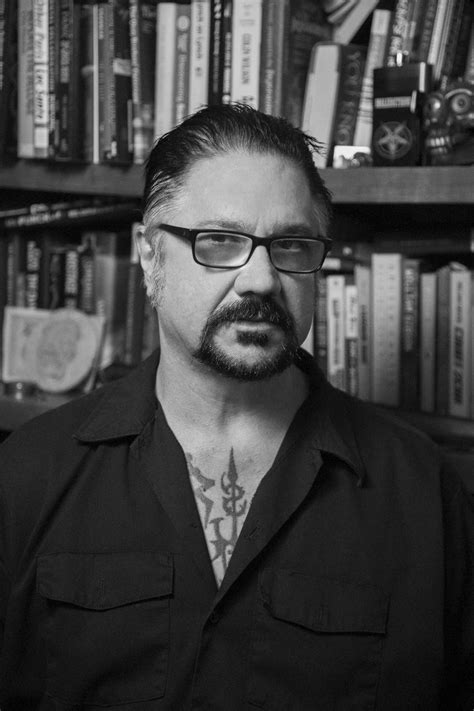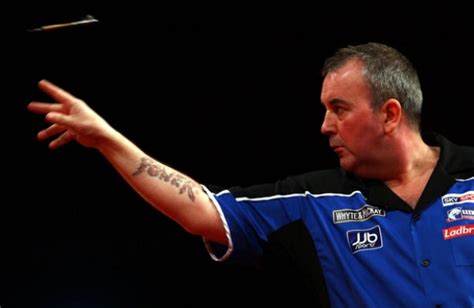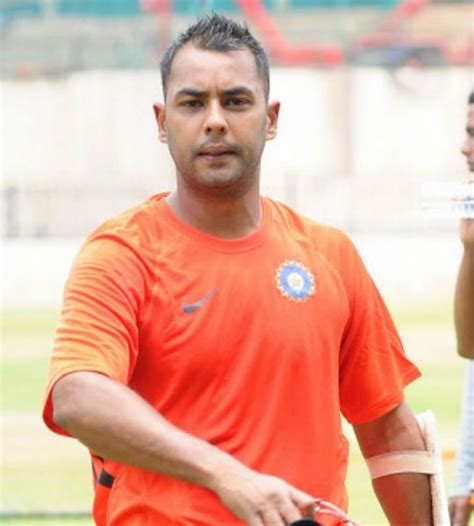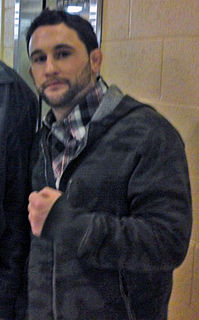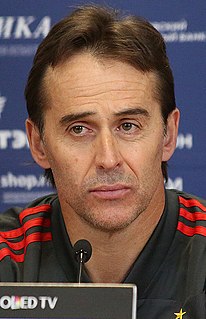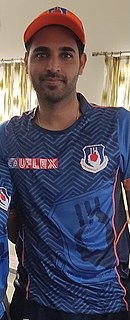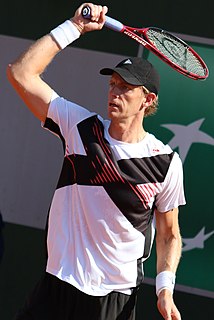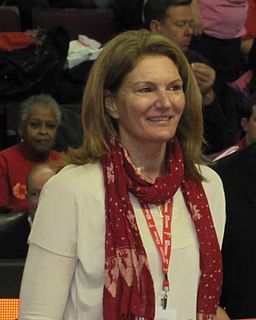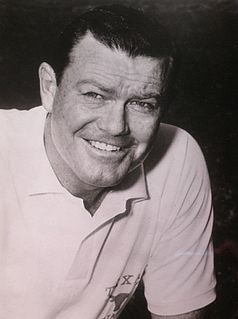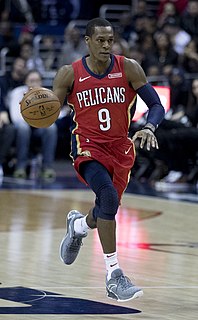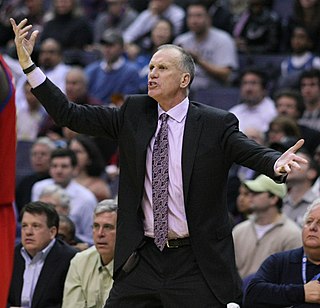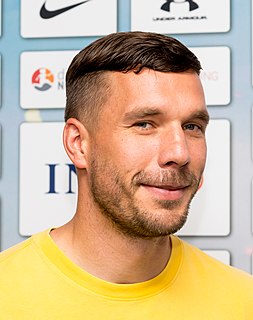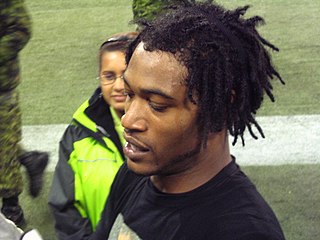A Quote by Jim Gaffigan
I saw this college team bowling championship. Each team had their own coach. What kind of strategy advice is a bowling coach giving? "You know what? This time Timmy, I want you to knock down all the pins." "You sure?" "Trust me. Just do it son!"
Related Quotes
You never want to be the worst bowler of the group-because then everyone treats you like you have cancer. "You can do it! We're praying for you." The advice starts. "Use a heavier ball." "Keep your arm straight." "You should get a vasectomy." If you're really bad at bowling like me, they'll ask if want the bumpers up. Not that bowling is that complex anyway. "You want the bumpers? We can get rid of the pins. Why don't you take this coloring book and sit in the corner?"
Most coaches would consider leading a team to an Olympic gold medal a capper for a pretty good year. The same goes for winning an NCAA national championship. Or a FIBA world championship. Mike Krzyzewski, head coach of the Duke Blue Devils and Team USA, led teams to each of these honors... within about 24 months.
I remember when I went to try out for the Olympic team in 1972, Coach Iba told me he didn't care how many points I could score because if I couldn't guard anybody, I wasn't going to make the team. I knew to make the team I had to become a better defender. If you can play offense, you can defend. It just comes down to competitive will.
Teams use trust as currency. If it is in short supply, then the team is poor. If trust abounds, the members of the team have purchase power with each other to access each others’ gifts, talents, energy, creativity, and love. The development of trust then becomes a significant leadership strategy. Trust creates the load limits on the relationship bridges among team members

